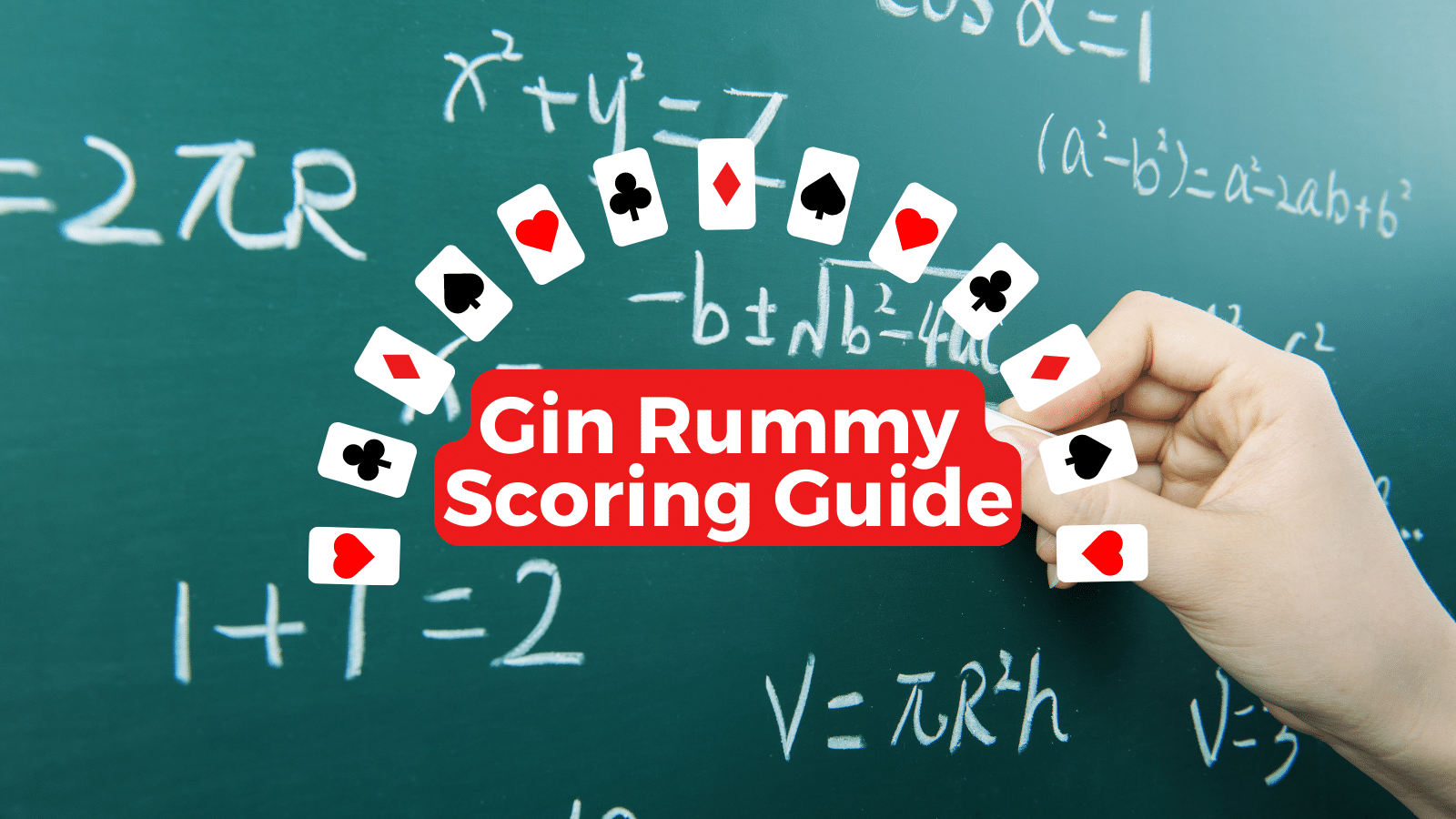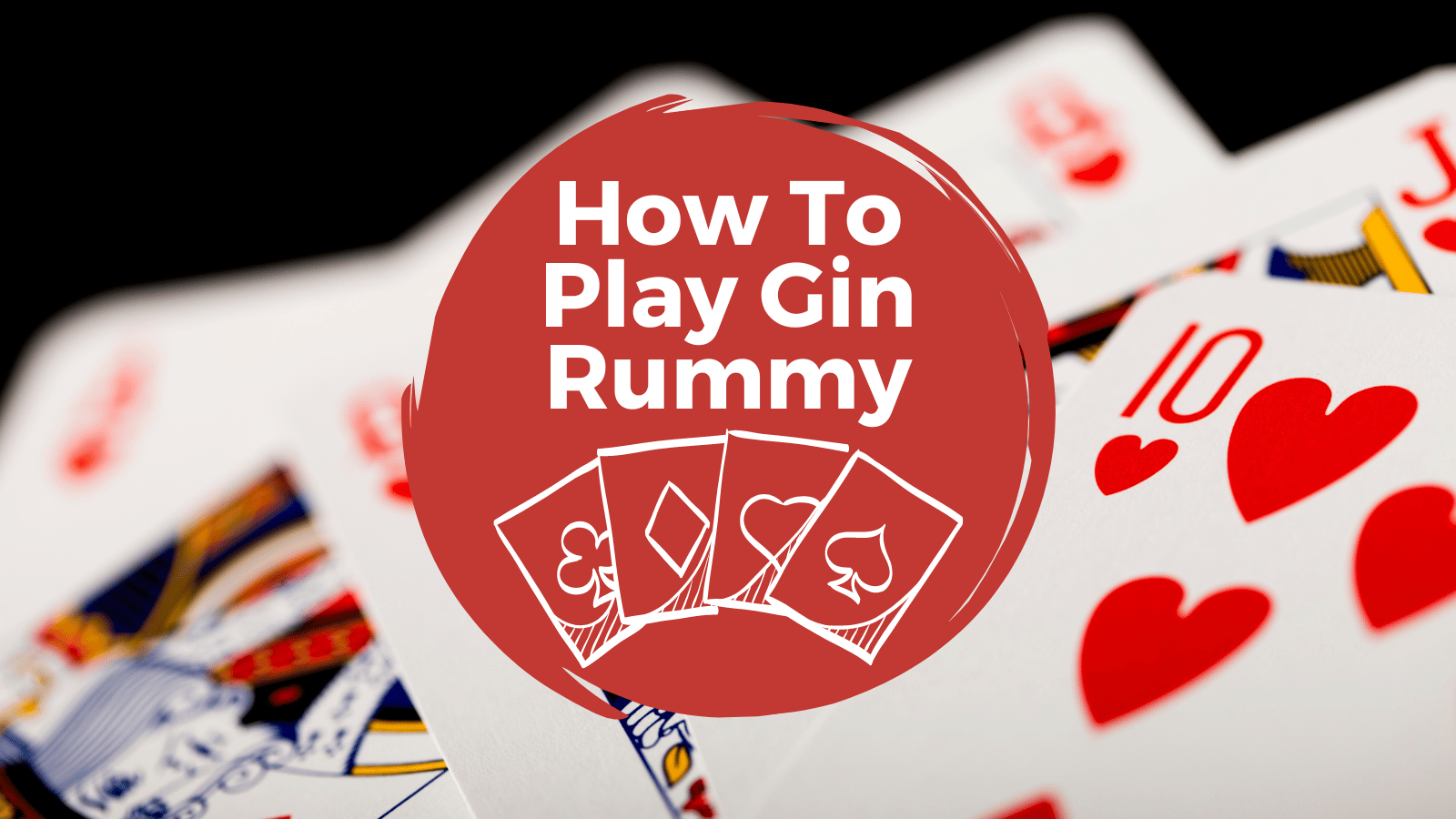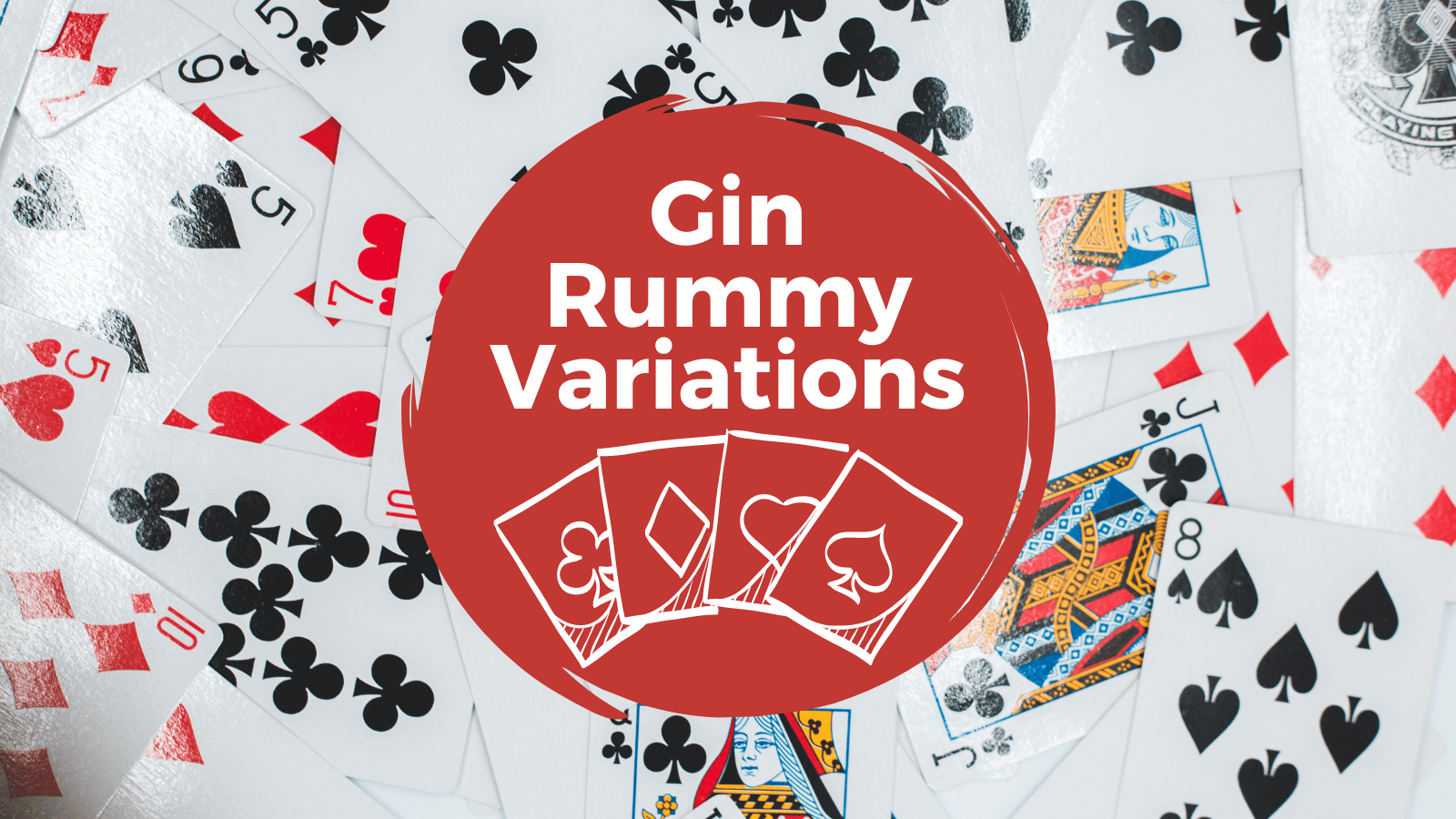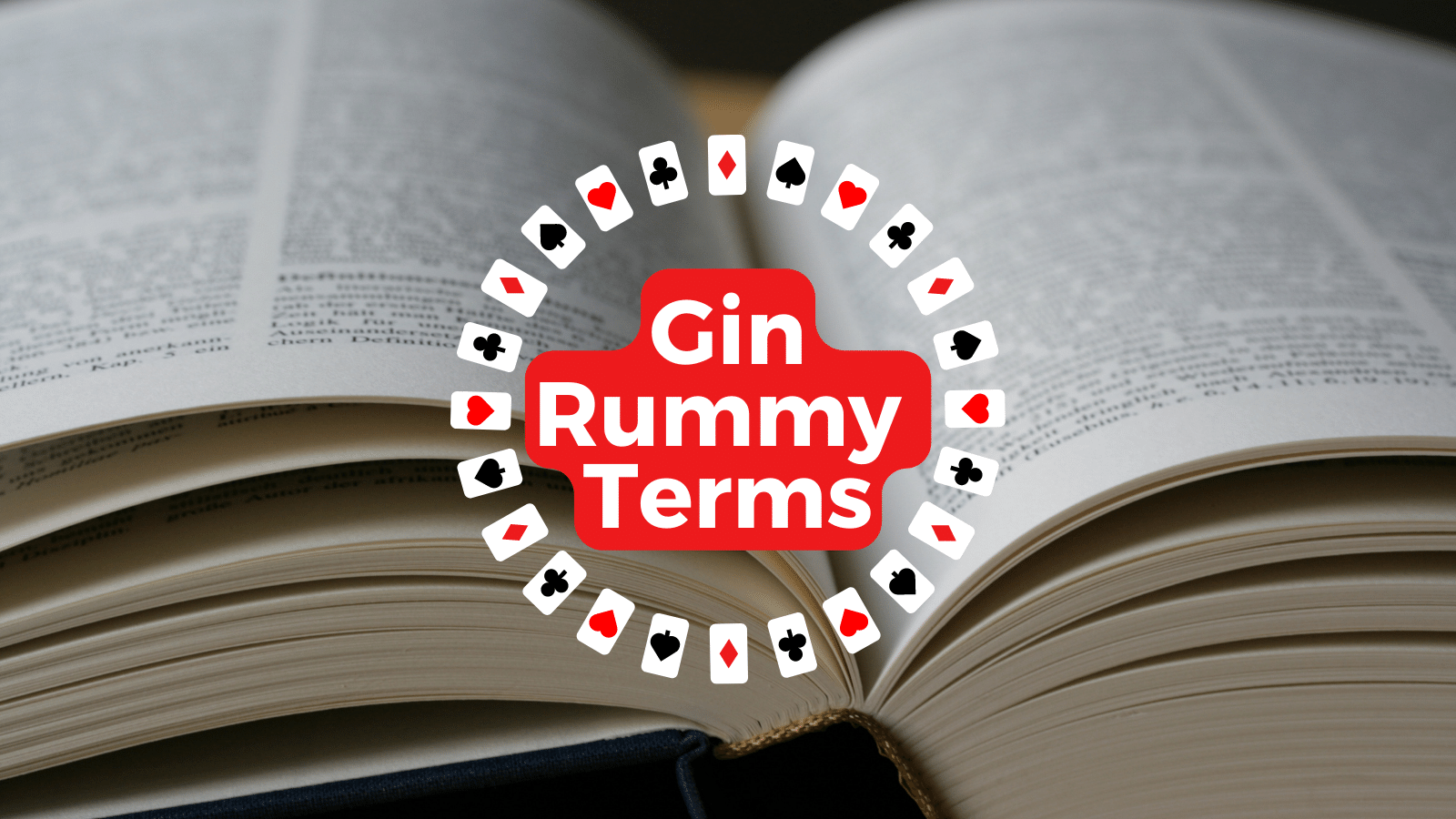At face value, Gin Rummy scoring isn’t hard to keep track of, but when you’re in the heat of the game, it can get tricky.
This is especially true for those who are used to playing online or with the computer and having it take care of all their scoring needs.
We wanted to help, so we came up with this Gin Rummy scoring guide.
We’ll talk about the basic scoring rules along with some of the more popular variations and add-ons.

Gin Rummy is a great game, but you need the basic rules to get the most out of it.
Check out our complete guide here at the link and improve your 1-on-1 game nights instantly!
Table of Contents
Gin Rummy Scoring Table
| Name | Description | Points |
|---|---|---|
| Deadwood | Unmatched cards are added up by their pip value (Aces low) and subtracted with the opponent’s total | Higher deadwood total minus the lower deadwood total is given to the lower deadwood player |
| Undercut / Underknock | If you don’t knock but have the lower deadwood total | 25 points (10 in variants) |
| Gin | When all 10 of your cards match or meld | 25 points (20 points in variants) |
| Big Gin | When all 10 cards + the drawn card meld | 31 points (50 + 40 points in variants) |
| Game Bonus | When you are the player to get to 100 points | You get an extra 100 points for determining your win balance |
| Shut out | When you get to your 100 points without letting the opponent win at all | You get an extra 200 points for determining your win balance |
| Line Bonus | For each game won in a match | 25 bonus points (20 in variants) to your win balance or match score |
Gin Rummy Scoring: Single Game
One of the biggest struggles with Gin or Gin Rummy is how there are so many variations to the specific scoring methods.
In this section, I’ll list the one I’ve seen most commonly, and it’s also the one my wife and I play with.
Note: This is all pretty vocab heavy, so if you have a question on a term, head over to our Gin Rummy Terms article.
All of this is in regard to a simple, single game. This is usually to 100 points, but some people raise the number to 200 or 250.
Knocking
Knocking and deadwood points are the only 100% agreed on the part of scoring.
At the end of the round, one player may knock when they have few enough unmatched cards to go down.
At this point, the player becomes the knocker and shows their melds.
The player who didn’t knock is now called the defender.
The defender lays down their cards, and now both players get the chance to lay off each other’s melds.
The remaining unmatched deadwood cards are added up by their pip value (aces are 1, and face cards are 10).
So if a player had an Ace-2-4-Jack, they would have 16 points.
The smaller amount is subtracted from the larger amount for a knock-point value.
This value is added to the player’s game score.
For example: The Knocker has 2 points, and the defender has 17 points.
17 – 2 = 15. The Knocker gets 15 points.
Another example: The Knocker has 8 points, and the Defender has 3 points.
8 – 3 = 5. The Defender gets 3 points.
Note: Special things happen if the defender wins the points. This is in the next section.
Undercutting / Underknocking
If the Defender has less deadwood than the Knocker, they have undercut or underknocked the hand.
On top of their knock points, as described above, they also get bonus points.
Typically, this value is 25 points, but I’ve also seen the number 10 thrown around quite a bit.
The Gin Values
What happens if all your cards meld? This is where GIN comes in!
There are two types of Gin: regular Gin and Big Gin.
In regular Gin, you draw a card, discard one, and then meld all 10 of your cards down.
At this point, you have zero deadwood or unmatched cards.
The opponent melds and lays off on yours as needed. Then, you get all of their deadwood points.
On top of this, you get a bonus of 25 points. In some variations, you’ll only get 20 points for Gin.
If your opponent has NO deadwood, you still get the Gin bonus because you went out.
In Big Gin, you draw a card and don’t discard it. All 11 cards (10 in your hand plus the drawn card) all meld.
Play them all and announce Big Gin!
You get your opponent’s deadwood points and a big bonus!
The common number is 31 points, but I’ve also seen 40 and 50 points thrown around as values.
Gin Rummy Scoring: Matches
When playing a match, you end up playing a couple of games to a higher value. This is often either 250 or 500.
Each individual game ends when a player gets to 100 points, but then some bonuses are added to their match score.
So use the scoring from above until it reaches 100. Then, these bonuses come into effect.
After all points are tallied up, add all the points to the match total and start a new game until the match score reaches the set amount.
Winning A Game
The player who wins the game gets an automatic 100 points for winning added to their score of 100 points.
Shut Out
If the player who wins has won every single hand, they get an extra 100 points on top of the 100 from the game and 100 from the game bonus.
A variation of this rule takes away this bonus and, instead, double the line bonus for the winning player.
Line Bonus / Hand Bonus
For each hand won, each player adds 25 points to their score. A variant of this score is 20 points.
Further Reading: How To Win At Gin Rummy (10 Simple Tips!)






